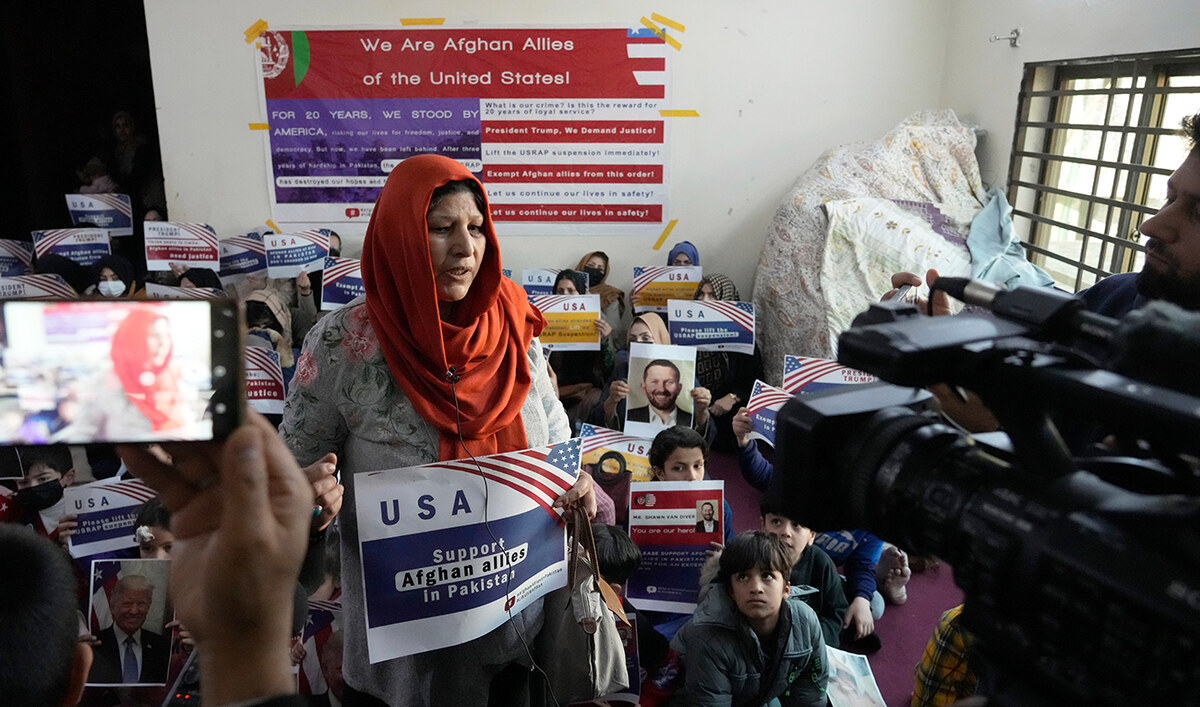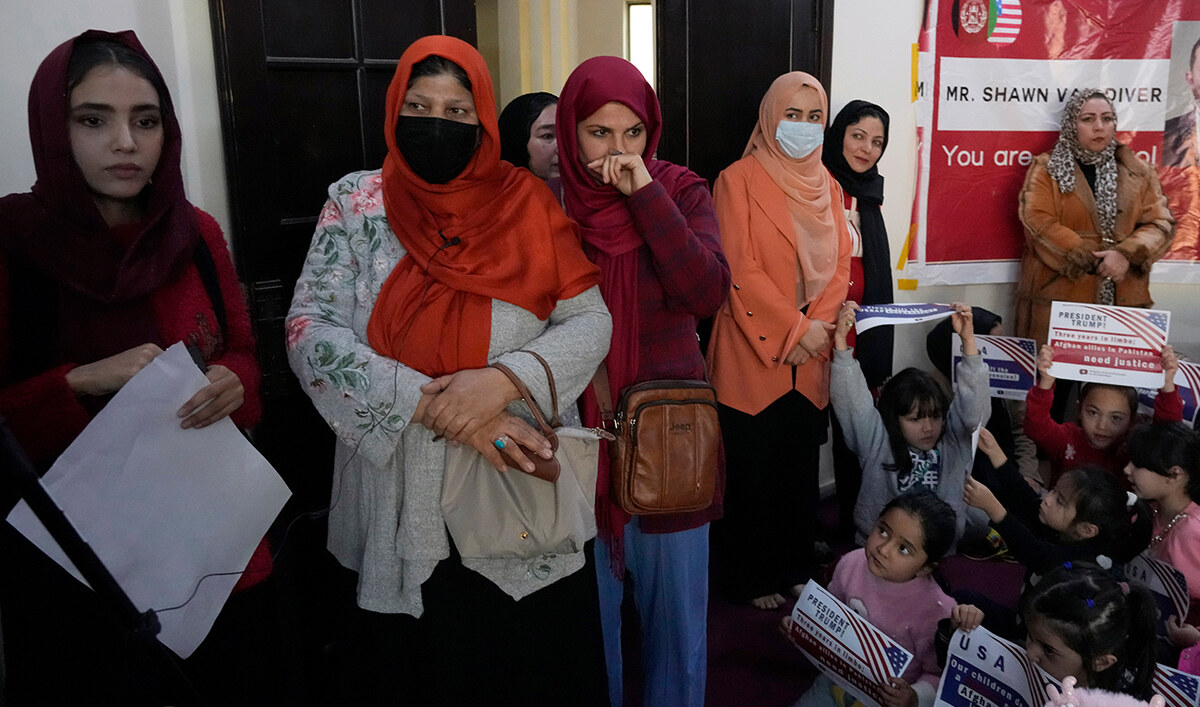ISLAMABAD: The Pakistan army’s media wing said on Tuesday two new warships would be inducted into the fleet of the national navy on Defense Day on Sept. 6.
Pakistan celebrates Defense Day each year to honor the soldiers who fought against India in the 1965 war.
“PNS Babar and PNS Hunain will join the fleet of Pak Navy simultaneously,” the army’s media wing ISPR said in a statement. “PNS Babur, the first Miljum/Babar class ship to be built in Turkiye, will officially become part of the Pakistan Navy. PNS Hanin, the third offshore patrol vessel built in Romania, will also join the Pakistan Navy.”
The construction of PNS Babur started on June 4, 2020, and it was launched on August 15, 2021, while commissioning took place on September 23, 2023.
The Babur-class corvette, also known as the PN MILGEM class, is a class of four heavy corvettes under construction for the Pakistan Navy. This class is a subclass of the Turkish MILGEM project. The corvette class is heavier and larger than the Turkish Ada-class corvette and also equipped with vertical launch systems.
“Four Babur class ships equipped with a vertical launching system are being inducted into the Pakistan Navy,” ISPR said.
“Under the Pak-Turkiye agreement, 2 ships are being built in Istanbul and 2 in Karachi. Three other Babur class ships PNS Badr, Tariq and Khyber are currently in various stages of preparation.”
Babur class ships are capable of fighting above the surface, underwater, and in the air.
“The third Yarmouk-class OPV 2600 for the Pakistan Navy has also been built at Galati Shipyard in Romania,” ISPR said about PNS Hunain built in Romania. “The last two OPVs have a displacement of 2600 tons compared to the first two ships of the Yarmouk class.”
The Yarmook-class corvette is primarily based on the Dutch Damen Group’s Offshore Patrol Vessel 1900.
Yarmouk class ships have the status of Guided Missile Corvettes in the Pakistan Navy. All ships of this class, including PNS Hunain, are suitable for surface and air warfare as well as search and rescue operations.
The 98 meter long PNS Hunain has a speed of around 24 knots and with the help of a vertical launching system can propel surface-to-air missiles.
“Along with the 76 mm main gun, PNS Haneen is also equipped with two 20 mm secondary guns,” ISPR said.
PNS Yamama, the fourth and final vessel of the Yarmouk class, is undergoing completion after its launch in February this year.





















